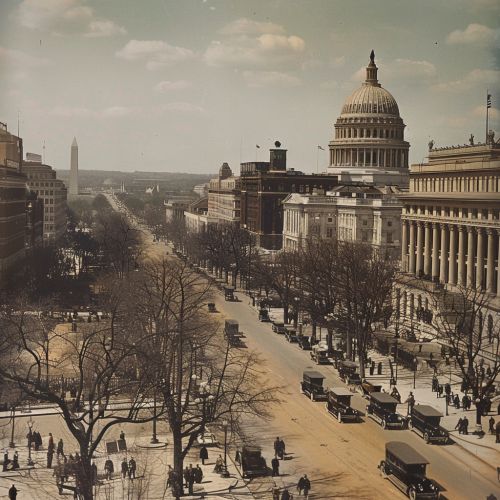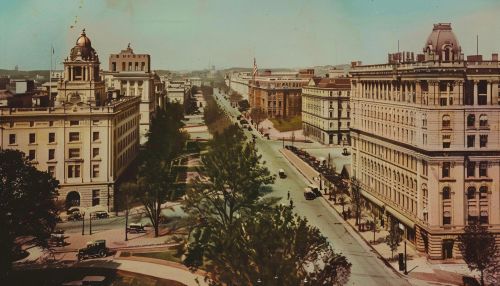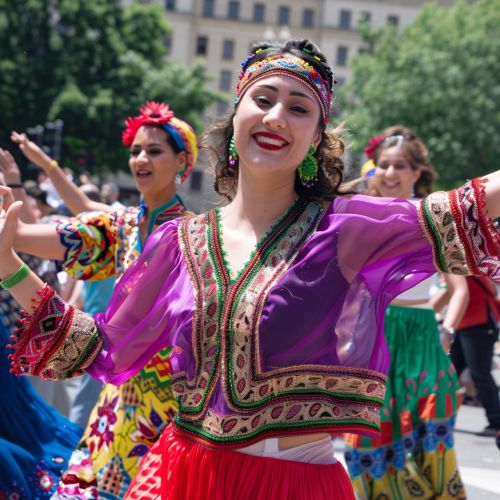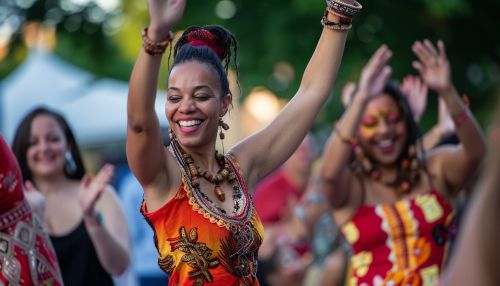Washington, D.C.
History
The history of Washington, D.C. is rich and complex, with its roots dating back to the early 17th century. The area that is now Washington, D.C. was originally inhabited by the Nacotchtank Native American tribe. The first European explorers arrived in the 1600s, and the area was later colonized by the British.
In the late 18th century, the United States Congress passed the Residence Act, which established the District of Columbia as the new capital of the United States. The city was officially founded in 1791 and named after George Washington, the first President of the United States.


Throughout the 19th and 20th centuries, Washington, D.C. grew rapidly. It became a major center for politics, culture, and education, and played a key role in many significant events in American history, including the Civil War, the Civil Rights Movement, and the Vietnam War.
Geography and Climate
Washington, D.C. is located in the Mid-Atlantic region of the United States, on the east coast. It is bordered by the states of Virginia to the southwest and Maryland to the northeast. The city is situated on the Potomac River, and is approximately 68 square miles in size.
The climate of Washington, D.C. is classified as a humid subtropical climate, with hot, humid summers and mild to cool winters. The city experiences four distinct seasons, with significant rainfall throughout the year.
Government and Politics
As the capital of the United States, Washington, D.C. is the center of the U.S. federal government. The city is home to all three branches of the federal government: the Executive Branch, headed by the President; the Legislative Branch, consisting of the Senate and the House of Representatives; and the Judicial Branch, led by the Supreme Court.
Despite being the seat of the federal government, Washington, D.C. has a unique political status. The city is not part of any state and is governed by a mayor and a city council. However, Congress has the power to review and overturn laws passed by the city government.
Economy
The economy of Washington, D.C. is diverse and robust, with a strong emphasis on the service sector. The federal government is the city's largest employer, but other significant sectors include education, healthcare, and tourism. The city is also a major center for the media and communications industry, with many national and international media organizations headquartered in the city.
Culture and Society
Washington, D.C. is a vibrant cultural hub, with a rich array of museums, galleries, theaters, and music venues. The city is home to numerous national landmarks and monuments, including the Lincoln Memorial, the Washington Monument, and the U.S. Capitol.
The city's population is diverse, with a mix of races, ethnicities, and cultures. This diversity is reflected in the city's food, music, and festivals.


Education
Washington, D.C. is home to many prestigious educational institutions, including Georgetown University, George Washington University, and Howard University. The city's public school system, the District of Columbia Public Schools, is one of the oldest in the country.
